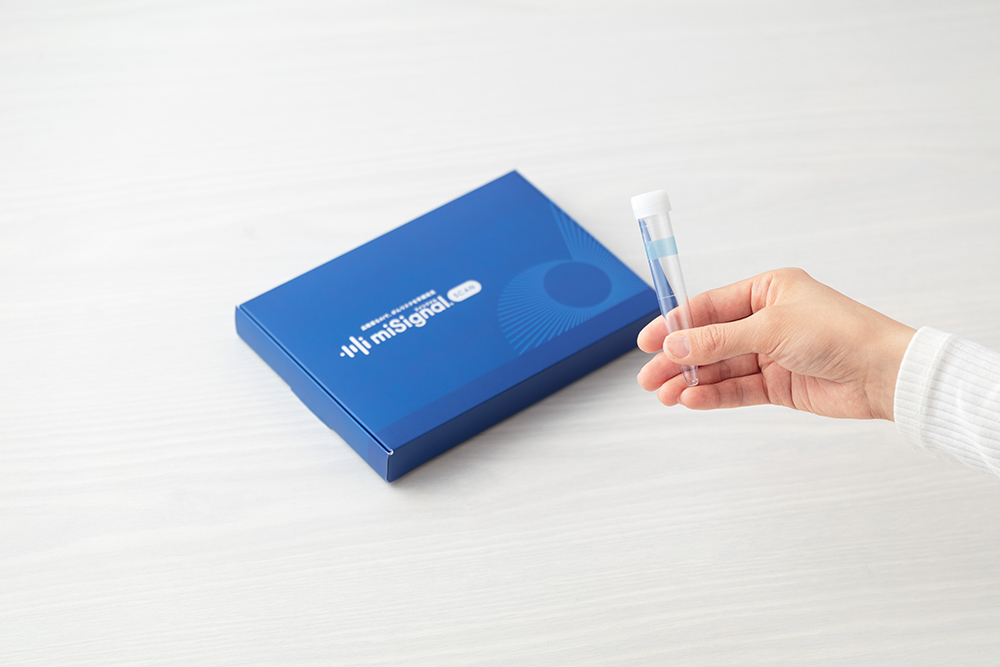Cancer is a worldwide cause of death. National Cancer Institute In 2022, about 20 million new cases of cancer and 9.7 million cancer related to global cancer have been reported, which has increased by 29.9 million new cases by 2040.
CrefMicro RNA (MRNA), away from Nagoya University in Japan in 2018, is using AI -powered Cancer Cancer detection software, and has raised $ 22 million in series C funds to further expand the US market and strengthen its R&D.
Cref co -founder and CEO Ruchi Onos told Tech Crunch in an interview that the company completed its series C -Funding round with a cost of less than 100 million.
x & kskA current investor, led the latest funding, with an irrational group of investors based in the United States, accumulating up to 57 million overall million, which is its first investment in the Japanese start, tennis laboratories, the Dewa House Industry and Ozura Bank Group.
The journey to Cref began when the ones saw how his family was deeply affected, his grandparents were diagnosed with the disease. These personal experiences have affected a strong commitment to help solve the cancer problem. A month after meeting him, Olos and Tako Yasui, an associate professor at Nagoya University, laid the foundation of Kiev a month after meeting. Yasoi developed a new method to detect early cancer using urine biomarakers.
Only the treatment can be difficult to detect, because the traditional diagnostic methods such as blood tests can be unpleasant, which causes some people to regularly avoid screening. In addition, in some areas, limited access to medical facilities makes it difficult for individuals to easily get cancer tests.
The purpose of Craft is to remove the balposes that enable early cancer detection, even in a very early stage, such as in phase 1.
“This test can be done with a patient’s home comfortable and is powered by the modern micro -RNA analysis, making it more accessible and effective,” said Onos. “Our users are healthy people who are worried about cancer, but it is difficult to be bound to traditional screening due to time, cost and access barriers.”
Creating multiple startup platforms for the initial detection of cancer in the industry, such as GrillFor, for, for,. LouderFor, for, for,. DELIFY DILIGHT And Clean health.
Cref, like most rivals, differentiates itself by using micro -RNA as a bio -marker instead of CFDNA (cell -free DNA) and using urine.
“Mirana, who gained more identity after being connected to her 2024 Nobel Prize“In the early stages, it is also known for deep involvement in cancer organisms.”
Another unique aspect of this product is the use of urine. The urine is easy and unpleasant, which provides many scientific and practical benefits, Onos said. He added that it contains less impurity than other patterns, which makes the bio -marker signals clear. This helps reduce any measurement errors, such as saving money in blood -related hemorrosis and tests.
Cref’s first product, mismanagement, a test that detects the risk of seven different cancers (pancreatic, colorenic, lungs, stomach, stomach, esophageal breast, ovarian) using urine MRNA, is already generating revenue in Japan. According to the company’s CEO, the products are distributed through clinics, pharmacies, directly from consumer sales, and corporate welfare programs, providing different types of revenue sources that can be expanded.
“We are in partnership with more than 1000 medical institutions and about 600 pharmacies in Japan, serving about 20,000 users in Japan. Our team is comprised of 73 dedicated employees.”
The revenue model offers both the single test and subscription package for regular testing, in which many users choose subscription projects. Onlyz told Tech Crunch that it had earned $ 5 million in 2024 and aims to generate 15 million Million by the end of this year.
This year, Cref plans to expand the scope of mismanagement to add ten different types of cancer. In addition, startup is getting ready to use your technology to detect non -cancer diseases, such as dementia, such as neurodegenerative disorders.
Cref has his own R&D lab in Aryan, California, and he plans to open another office in San Diego to handle his business work.
New funding will help start up to enter the US market with its micro -RNA -based initial cancer detection test, which aims to complete trials in the United States around 2029 and file for FDA approval.
It has already begun collecting pancreatic cancer samples in collaboration with 30 medical institutions in 15 US states.
This story was updated to clarify their plans for trials in the United States

